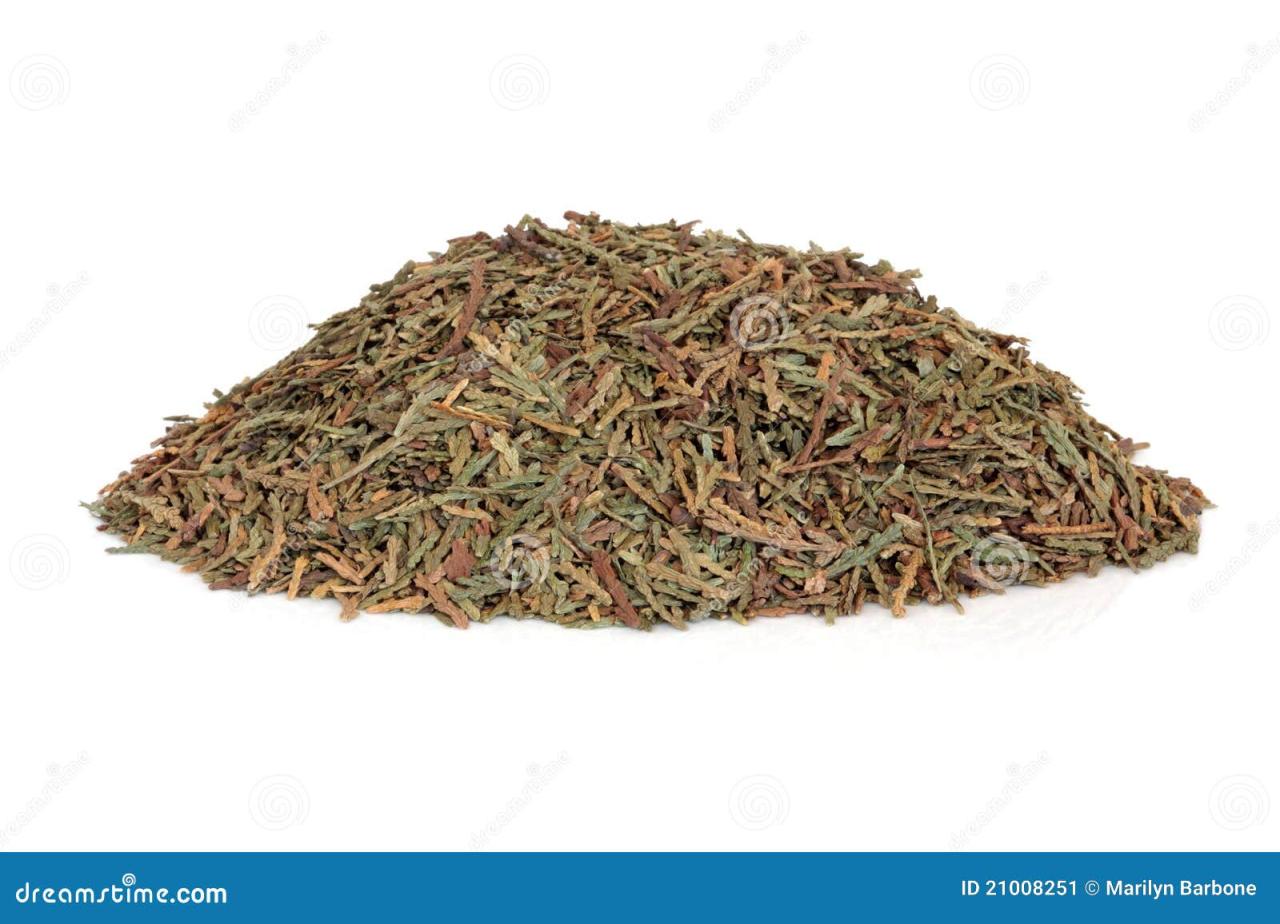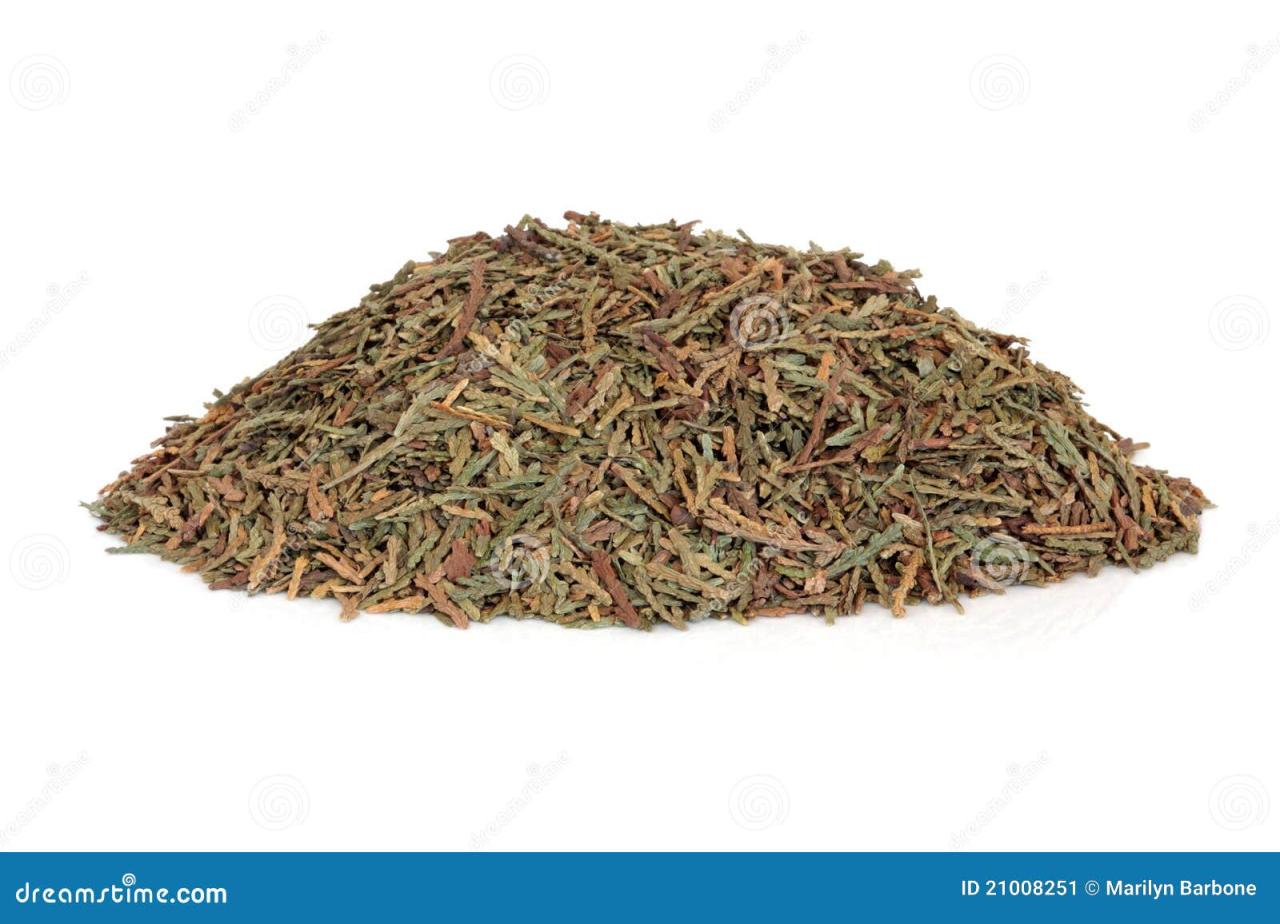Why Biota Herb Should Be a Staple in Your Wellness Cabinet? In a world increasingly focused on natural solutions for well-being, Biota herb emerges as a powerful ally. This ancient herb, revered for its medicinal properties in traditional practices, has garnered scientific attention for its potential to support a range of health goals.
From boosting immunity to promoting cognitive function, Biota herb offers a holistic approach to wellness, making it a valuable addition to any natural health regimen.
Introduction: Biota Herb
A Natural Wellness Powerhouse
A Natural Wellness Powerhouse
In a world increasingly focused on natural solutions for well-being, Biota herb emerges as a potent botanical ally. This ancient herb, with roots in traditional medicine practices, has garnered attention for its remarkable therapeutic properties. Biota herb, scientifically known as
Platycladus orientalis*, has a rich history of use in traditional Chinese medicine, where it has been valued for its ability to support respiratory health, strengthen the immune system, and promote overall vitality.
One compelling example of Biota herb’s benefits is its ability to help alleviate symptoms of respiratory ailments. A study published in the
Journal of Ethnopharmacology* found that Biota herb extract significantly reduced coughing and wheezing in individuals with asthma.
The Science Behind Biota Herb’s Benefits
Biota herb, also known as Thuja occidentalis, has been used in traditional medicine for centuries, particularly by Native American tribes. Its medicinal properties are attributed to its unique chemical composition, particularly the presence of volatile oils and various bioactive compounds.
Scientific research is increasingly exploring these compounds and their potential benefits for human health.
Active Compounds and Their Potential Benefits
Biota herb contains a variety of active compounds, including:
- Thujone:This compound is known for its anti-inflammatory and antimicrobial properties. It has also been shown to possess neuroprotective effects and may help to improve cognitive function.
- Pinene:A volatile oil with potential anti-inflammatory and analgesic effects. It may also contribute to Biota herb’s ability to relieve respiratory problems.
- Sabinene:Another volatile oil with potential anti-inflammatory and antimicrobial properties. It may also have antifungal activity.
- Cedrene:A sesquiterpene known for its anti-inflammatory and antioxidant properties. It may also contribute to Biota herb’s ability to reduce pain and improve skin health.
These compounds work synergistically to provide a wide range of potential health benefits.
Scientific Research Supporting Biota Herb’s Effectiveness, Why Biota Herb Should Be a Staple in Your Wellness Cabinet
Several scientific studies have investigated the therapeutic potential of Biota herb. For example, a study published in the Journal of Ethnopharmacology found that Biota herb extract exhibited significant anti-inflammatory activity in a laboratory setting. Another study, published in the journal Phytomedicine, found that Biota herb extract was effective in reducing pain and inflammation in a rat model of arthritis.
While these studies are promising, more research is needed to confirm the efficacy and safety of Biota herb for human use.
Comparison to Other Natural Remedies
Biota herb shares some similarities with other natural remedies, such as:
- Ginger:Both Biota herb and ginger possess anti-inflammatory and analgesic properties. Ginger is often used to relieve nausea and digestive discomfort, while Biota herb is more commonly used for respiratory and skin conditions.
- Turmeric:Both Biota herb and turmeric contain anti-inflammatory compounds. Turmeric is known for its antioxidant properties and its potential to reduce the risk of chronic diseases. Biota herb is more commonly used for its antimicrobial and analgesic properties.
- Echinacea:Both Biota herb and Echinacea are used to support the immune system. Echinacea is often used to prevent and treat colds and flu, while Biota herb is more commonly used for respiratory problems and skin conditions.
While Biota herb shares some similarities with these other natural remedies, it offers a unique combination of properties that may make it a valuable addition to a natural wellness routine.
Considerations and Precautions
While Biota herb offers potential health benefits, it’s crucial to approach its use with caution and consider potential risks. Understanding the potential side effects, interactions, and proper dosage is essential for maximizing benefits and minimizing any adverse effects.
Biota herb, with its calming and restorative properties, is a valuable addition to any wellness routine. Its ability to soothe stress and promote restful sleep makes it a perfect companion for those seeking a natural path to better health.
If you’re looking for ways to nurture your inner peace, consider incorporating biota herb into your daily rituals. And, for a different kind of growth, check out How to Double Your African Violet Collection in a Month , a guide to expanding your indoor garden.
While biota herb might not bloom as vibrantly as an African violet, its quiet power offers a different kind of blossoming within your own well-being.
Potential Side Effects and Interactions
Biota herb is generally considered safe when used appropriately, but some individuals may experience mild side effects, such as digestive upset, headache, or dizziness. It’s important to note that Biota herb can interact with certain medications, particularly those affecting the liver or central nervous system.
- Liver Function:Biota herb may affect liver function, potentially interacting with medications metabolized by the liver. If you have liver problems or are taking medications for liver conditions, consulting your healthcare provider before using Biota herb is crucial.
- Central Nervous System:Biota herb can affect the central nervous system, potentially interacting with medications like sedatives or anti-anxiety drugs. If you are taking such medications, it’s essential to discuss Biota herb use with your doctor.
- Blood Thinners:Biota herb may have blood-thinning properties, potentially interacting with anticoagulant medications. If you are taking blood thinners, consult your healthcare professional before using Biota herb.
Dosage and Usage Guidelines
The appropriate dosage of Biota herb varies depending on factors like individual health, intended use, and the form of Biota herb being used.
- Consult a Healthcare Professional:It’s crucial to consult a healthcare professional before using Biota herb, as they can provide personalized dosage recommendations based on your specific needs and health history.
- Start with a Low Dose:When starting Biota herb, it’s generally recommended to begin with a low dose and gradually increase it as needed, monitoring for any side effects.
- Follow Product Instructions:If using Biota herb supplements, carefully follow the dosage instructions provided on the product label.
- Avoid Overuse:While Biota herb offers potential benefits, it’s essential to avoid overuse. Long-term or excessive use can lead to potential health risks.
Importance of Consulting a Healthcare Professional
Before incorporating Biota herb into your wellness routine, it’s essential to consult a healthcare professional. They can provide personalized advice, assess any potential risks or interactions with your existing medications, and ensure that Biota herb is appropriate for your individual health needs.
Biota Herb: A Valuable Addition to Your Wellness Arsenal

Biota herb, scientifically known as _Thuja occidentalis_, has garnered attention for its potential health benefits. This versatile herb has been used traditionally for centuries, and modern research is uncovering its multifaceted properties.
Biota herb, with its calming and restorative properties, is a valuable addition to any wellness routine. If you’re looking for a simple and rewarding way to bring nature’s beauty into your home, consider propagating African violets. Even with zero gardening experience, you can successfully grow these vibrant blooms by following the detailed guide in How to Propagate African Violets with Zero Gardening Experience.
Just like Biota herb, African violets can bring a sense of peace and tranquility to your space, making them a perfect complement to your wellness journey.
Biota Herb’s Potential Benefits and Applications
Biota herb is a treasure trove of potential health benefits, offering a range of applications in traditional and modern wellness practices.
- Antioxidant Properties:Biota herb is rich in antioxidants, which combat free radicals that can damage cells and contribute to aging and disease. Antioxidants may help protect against oxidative stress, a key factor in many chronic conditions.
- Anti-Inflammatory Effects:Biota herb’s anti-inflammatory properties may help reduce inflammation throughout the body. This could benefit conditions like arthritis, asthma, and inflammatory bowel disease.
- Immune Support:Some studies suggest that biota herb may boost the immune system, helping the body fight off infections and maintain overall health. Its potential immune-modulating properties could be particularly beneficial during times of stress or illness.
- Respiratory Health:Biota herb has been traditionally used to support respiratory health. It may help alleviate symptoms of coughs, colds, and other respiratory conditions.
- Skin Health:Biota herb’s antimicrobial and anti-inflammatory properties may be beneficial for skin health. It could be used topically to address skin irritations, acne, and other skin conditions.
Exploring Biota Herb’s Potential
Biota herb’s diverse potential benefits make it a compelling addition to a holistic wellness approach.
“While research on biota herb is ongoing, its traditional use and emerging scientific evidence suggest it may hold valuable therapeutic potential.”
It is important to note that more research is needed to fully understand the safety and efficacy of biota herb. However, its potential benefits and traditional use make it a promising herb for further exploration.
Resources for Further Exploration
For those interested in learning more about biota herb, several resources are available:
- Scientific Databases:PubMed, Google Scholar, and other scientific databases offer a wealth of research articles on biota herb and its potential health benefits.
- Herbalism Books and Websites:Numerous books and websites dedicated to herbalism provide information on the history, uses, and safety of biota herb.
- Qualified Healthcare Professionals:Consult with a healthcare professional or a qualified herbalist to discuss the potential benefits and risks of using biota herb.
Closure: Why Biota Herb Should Be A Staple In Your Wellness Cabinet

Biota herb, with its rich history and growing scientific backing, presents a compelling case for inclusion in your wellness routine. Whether you seek to enhance your immune system, improve cognitive function, or simply embrace a more natural approach to health, this remarkable herb offers a path toward greater well-being.
By incorporating Biota herb into your daily life, you can tap into its potential to support your overall health and vitality. Remember, while Biota herb holds immense promise, consulting with a healthcare professional is essential before incorporating any new supplement into your regimen.
General Inquiries
What are the most common ways to consume Biota herb?
Biota herb can be consumed in various forms, including capsules, tinctures, teas, and even as a culinary ingredient. The most suitable form depends on personal preference and intended use.
Is Biota herb safe for everyone?
While generally considered safe, Biota herb may interact with certain medications or cause side effects in some individuals. It’s crucial to consult a healthcare professional before using Biota herb, especially if you have pre-existing health conditions or are taking any medications.
Where can I find reliable information about Biota herb?
Reputable sources for information on Biota herb include scientific journals, government health websites, and trusted herbal supplement retailers. It’s essential to rely on credible sources and avoid unverified claims or anecdotal evidence.
